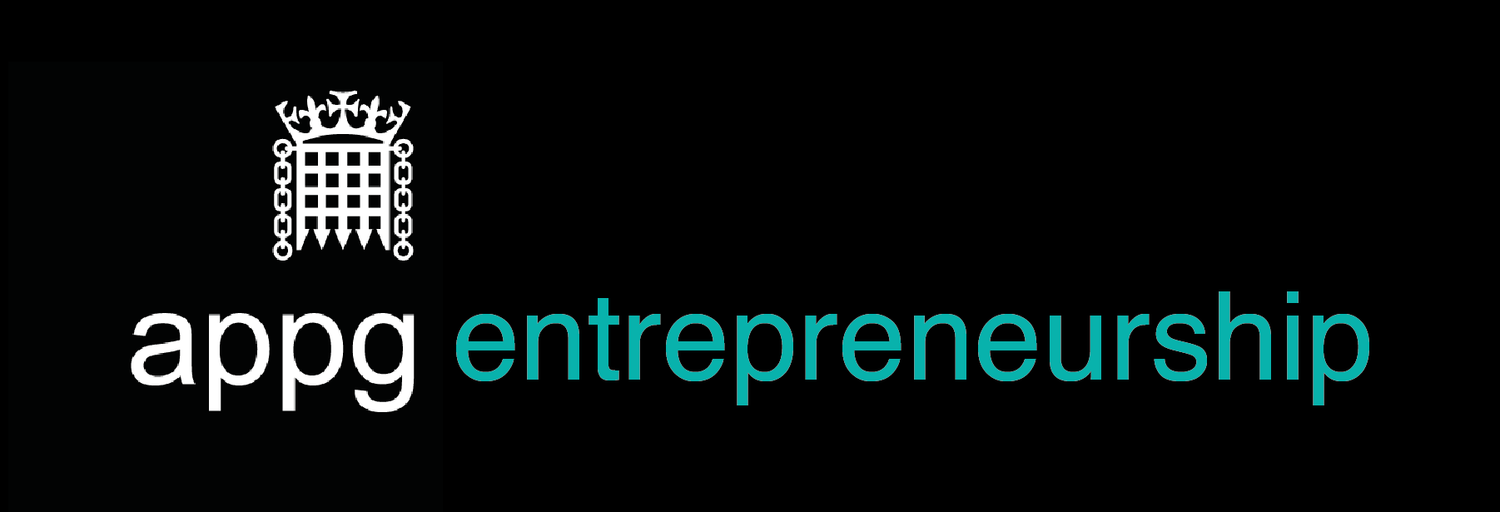APPG for Entrepreneurship Digest: June 2021
/Dear Members of Parliament, Peers and Friends of the APPG for Entrepreneurship,
In today’s newsletter we are going to be talking about our new officers and the APPG themes we have planned for the next few months.
On the 18th we held our virtual AGM which brought us a new group of officers; Saqib Bhatti MBE MP, Gagan Mohindra MP and Jerome Mayhew MP. Saqib is the former President of the Greater Birmingham Chambers of Commerce, Gagan has held a number of leadership roles in local government, and Jerome is the former managing director of Go Ape. They join Lord Leigh of Hurley, Dr Lisa Cameron MP, Baroness Kramer, Lord Cromwell, Lord Bilimoria, Bim Afolami MP, Baroness Neville-Jones, and our re-elected chair Seema Malhotra MP.
We have lots of exciting plans for the APPG over the coming months. We are running programmes based on three key themes; The Sharing Economy, Space, and Levelling Up.
Soon we will be putting out a Call for Evidence on the Sharing Economy theme. If you would like to know more about that, get in touch.
We will be hosting a virtual roundtable with the Space APPG and the Satellite Applications Catapult which will help to shape a briefing paper on Space Startups. We will be discussing what barriers are currently holding back the creation and scaling of startups in the Space sector, what the pinch points for funding are, and what the government can do to support innovation in the sector. If you are interested in attending, get in touch with Philip.
We have put out a Call for Evidence on the Levelling Up theme. There is more information here for entrepreneurs and here for researchers and business groups.
Next Wednesday, we will be hosting a webinar on New Beginnings. This will be the chance to discuss the findings of our forthcoming report which has been informed by extensive surveys and interviews with business leaders and people interested in starting a business or becoming self-employed living in areas with high levels of deprivation. The report confirms that Covid-19 has exacerbated already existing inequalities in many parts of the UK but argues that new businesses can offer a route out of this.
We’ll discuss how to make a real difference to investment, job creation and wellbeing in deprived communities and look at:
Priorities for mental and physical wellbeing, job satisfaction and empowerment;
Financial assistance to start a business (e.g. capital investment);
Views of bureaucracy and administration;
Attitudes to risk;
Access to skills, training and networks.
From our advisers
Research commissioned by The Coalition for a Digital Economy (Coadec) shows that 95% of SMEs will be locked out from accessing the Help to Grow Digital scheme (due to launch in Autumn 2021) in its current form. The research shows that by lowering the eligibility criteria to include businesses with 2-249 employees, and expanding the range of productivity-boosting software available through the scheme, it would deliver an additional £1.9bn in GVA.
The Ubele Initiative Business Group, Extend Ventures, Lendoe, and Black SouthWest Network are working together to deliver the Black Business Matters Initiative. These businesses historically suffer from capital shortages and reduced access to credit. Over the next two months they will conduct a national survey and a series of focus groups of black businesses to gain insight into the banking, finance, and commercial needs of black businesses, and work with HSBC and other partners to innovate and deliver the banking products, services, and future engagement that these businesses need. Find out more and take the survey here.
Tech Nation is currently looking for 160 companies to join its next 6 growth programmes: Upscale 7.0, Future Fifty 10.0, Net Zero 2.0, Applied AI 3.0, Fintech 4.0 and new programme Libra 1.0. Find out more here.
In Parliament
In a Commons debate on A Bright Future for the Next Generation, Jo Gideon MP (Conservative) talks about a local entrepreneur she met who said that when he first went to school all the careers advice was focused on finding a job, any job, to pay the bills. She is happy that there are a far greater range of choices available. She said “Many new industries and creative businesses are built on intuitive digital and media skills and aptitude, rather than formal qualifications … some of the most successful businesses in the past year have been online businesses.”
Sally-Ann Hart MP (Conservative) asked how the government was planning to facilitate levelling up by small businesses, looking specifically at startups and growing SMEs. She asked specifically about issues arising from late payments, employment costs, improving digital skills, and apprenticeships.
Paul Scully MP (Conservative), the Parliamentary Under-Secretary of State for Small Business, Consumers and Labour Markets said that “it is very important that SMEs play a massive role in levelling up around the country”. He said that he has already discussed strengthening the prompt payment code and is looking at other ways to support small businesses.
In a separate debate, Paul Scully celebrated the start up loans programme which he said “has a phenomenal track record of backing budding entrepreneurs. [They] have supported more than 83,000 people across the UK with £733.5 million in loans.”
Sarah Olney MP (Liberal Democrat) lamented that there was “very little in the Queen’s Speech to help our thousands of small businesses all over the country with the real help they need to recover from the pandemic”. She said that the total debt burden for businesses is estimated to be about £100bn and that 40% of the Federation of Small Businesses’ members describe their debt burden as unmanageable. She urges the government to provide additional support to struggling businesses.

